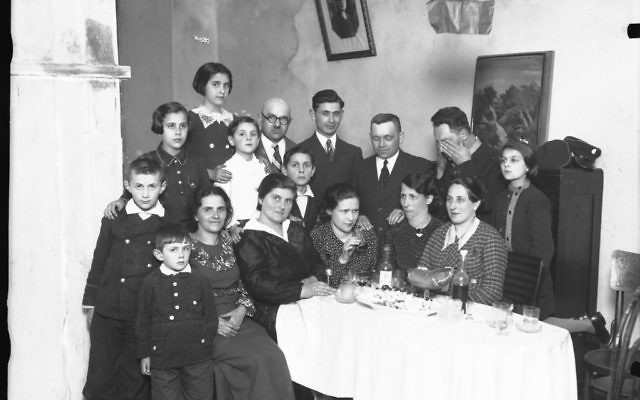Lublin Invites Jews Home
Non-Jews knew the Polish city couldn't celebrate its 700th anniversary without marking its Jewish history.

Lublin, Poland, is holding a reunion of its former Jewish inhabitants and their descendants in July as part of the celebration of the city’s 700th anniversary.
The Lubliner Reunion is expected to draw at least 100 participants in the first gathering of Lublin’s Jews in 70 years. It comes 75 years after the Nazis liquidated the city’s Jewish ghetto in March 1942.
“The Lubliner Reunion is a way to build a bridge across time,” said Tomasz Pietrasiewicz, the founder and director of the Grodzka Gate-NN Theater Center, which is hosting the reunion. “It’s meant as a meeting in which both the people and their stories are important.”
Grodzka Gate is an organization run by non-Jews to preserve the memory of Jewish Lublin, whose history includes the famous Yeshivat Chachmei Lublin, the meetings of the Council of the Four Lands (Vaad Arba Aratzot) and the work of Nobel Prize-winning writer Isaac Bashevis Singer.
The gate itself marked the border between the Jewish and Christian areas of the old city of Lublin.
“We want to preserve what is left of Lublin’s Jewish community,” Pietrasiewicz said of his organization. “The Lubliner Reunion will allow us to share knowledge and fill the blank spaces in the stories about Lublin and its inhabitants.”
On the eve of World War II, Lublin had 43,000 Jewish residents, one-third of the city’s population. The Nazis killed most of those Jews.
One of the German death camps, Majdanek, was on the outskirts of Lublin.
The reunion, from July 3 to 7, will include discussions of the history and culture of Jewish Lublin, workshops in genealogy, public commemorations, artistic events, and walks along tourist trails, such as a Holocaust memory trail that opened March 16, the anniversary of the ghetto’s liquidation.
Presentations of Lubliner family stories will be central to the reunion.
“We want to get in touch with and invite all those whose families come from Lublin,” reunion coordinator Monika Tarajko said. “We already have participants coming from Israel, the United States, France, Belgium and Great Britain. However, we are still striving to reach as many prospective participants as possible.”
The reunion events within Lublin are free, though there is a charge for excursions around the region. Visit teatrnn.pl/lubliners/en for details and registration.



comments